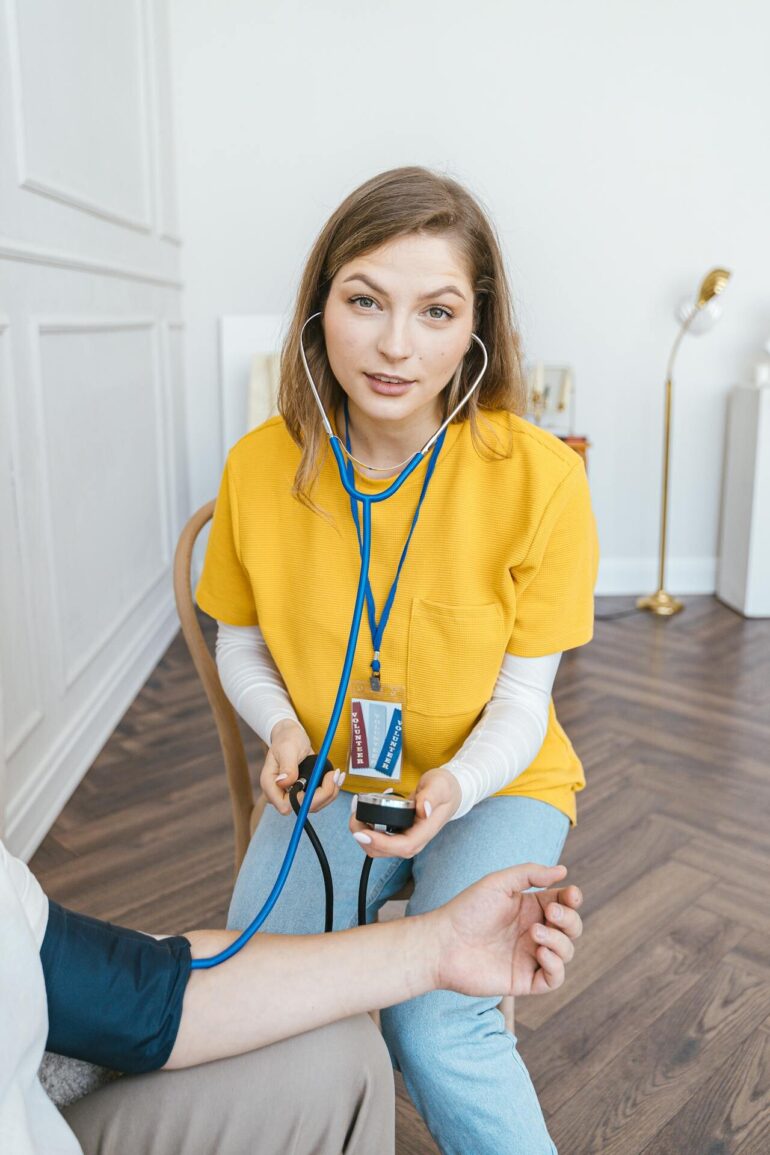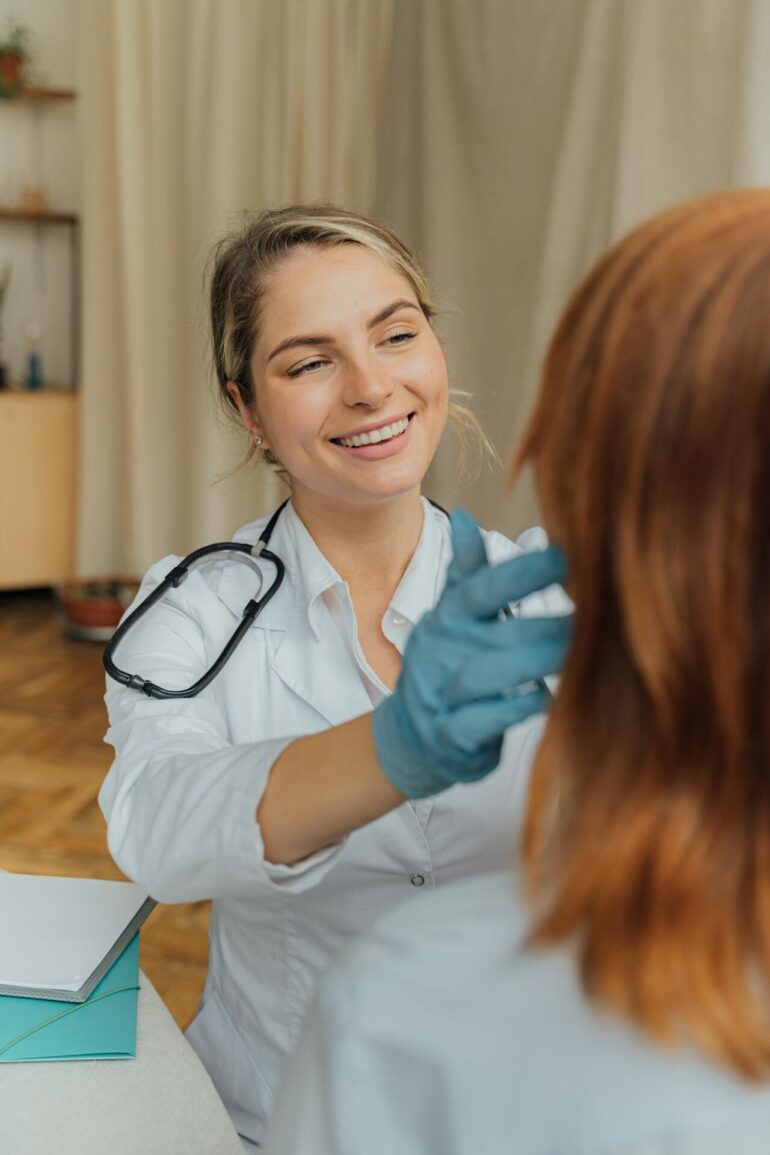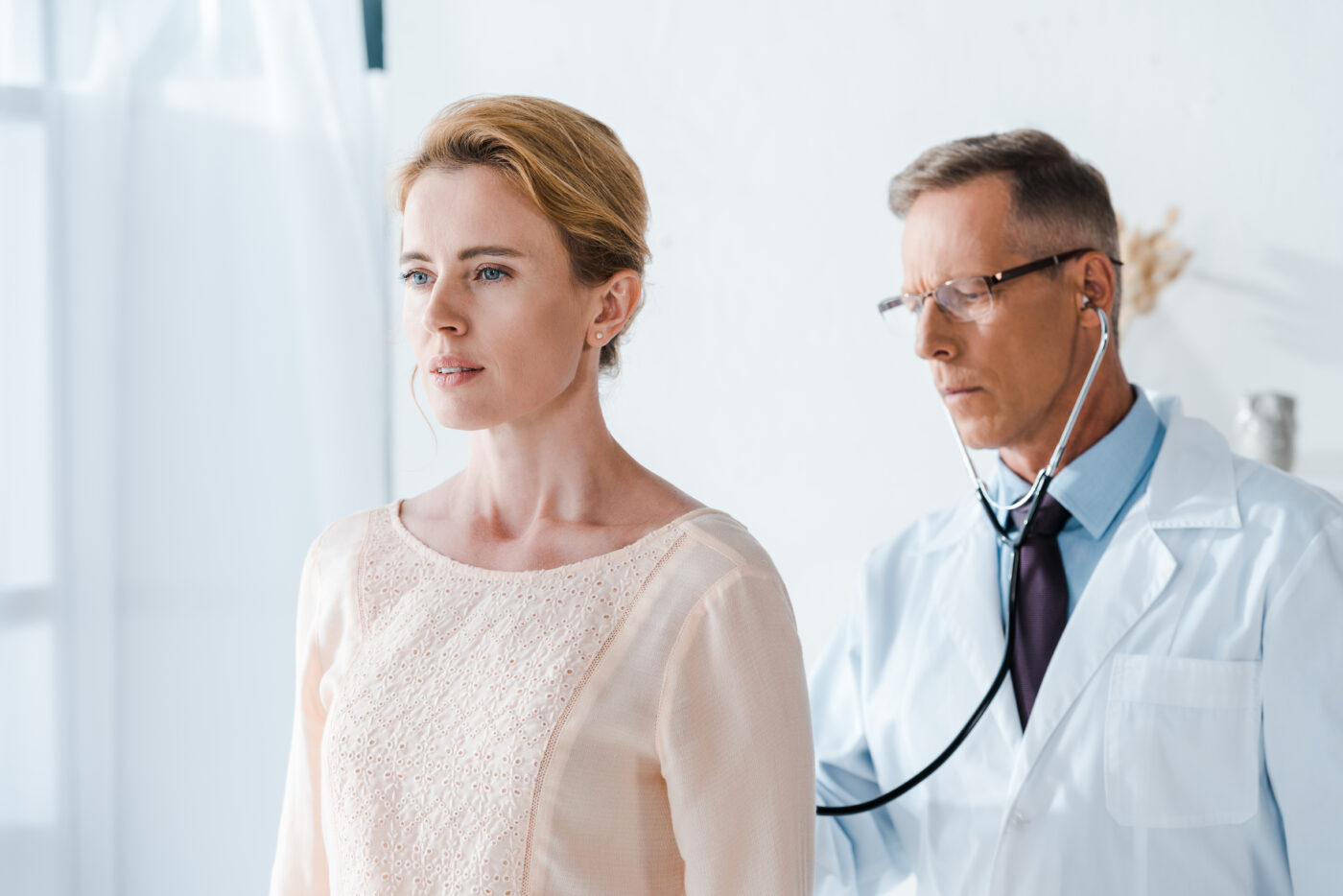On the way to optimal health, preventive care is the cornerstone. For women, navigating the vast landscape of health screenings can seem daunting, but it's an empowering step toward taking control of your own health. Regular check-ups and tests are key in detecting potential health problems before they become serious. Taking a proactive approach to health, with the help of experts, we explore eight critical checks that every woman should prioritize for her well-being.
These eight medical examinations are not only medical examination; they are affirmations of your commitment to yourself. By making these check-ups a priority, you will be taking an important step towards a healthier and fuller life. Remember, the best healthcare is preventative, not reactive.
8 health checks you should have
1. Cholesterol check
Heart disease is the leading cause of death in women, so cholesterol screenings are an indispensable tool in your health arsenal. By measuring the levels of HDL, LDL and triglycerides in your blood, these tests offer insight into the health of your heart and lead to dietary adjustments and lifestyle to reduce the risk of heart disease. Starting in your 20s, aim for a checkup every four to six years, more often with age or if risk factors are present.

2. Bowel examination
Digestive health is a mirror of our overall well-being. Diseases such as irritable bowel syndrome (IBS) and Crohn's disease are often more severe affect women due to hormonal influences. Symptoms such as persistent bloating, abdominal pain, or changes in bowel habits require a comprehensive evaluation, including discussions about diet, stress management, and potentially diagnostic tests such as a colonoscopy, especially after age 45.
3. Cervical smear
A cervical smear, or Pap test, is a critical screening test for cervical cancer, which is one of the most preventable cancers if detected early. Guidelines and experts suggest that screening begin at age 21 and continue every three years until age 65. This test can identify abnormal cells on the cervix that may develop into cancer. HPV testing, often done together, plays a key role in cervical cancer prevention by detecting the virus that can cause these cellular changes.
4. Review of skin changes
As skin cancer rates rise, a thorough examination is in order spots and skin changes are not possible negotiate. Dermatologists recommend annual skin exams to identify suspicious spots that may indicate melanoma, the deadliest form of skin cancer. Early detection through visual inspection and biopsies of affected areas can save lives, making it a must-have for women of all ages.

5. Test for diabetes
Given the insidious nature of type 2 diabetes, in which symptoms may not appear until the condition is advanced, rsingle blood sugar checks vital. From age 45 or earlier for those with risk factors (obesity, family history, gestational diabetes), these tests assess your risk and can lead to early intervention strategies to prevent or manage diabetes.
6. Test for sexually transmitted diseases
Screening for sexually transmitted diseases is a key component of sexual health, regardless of marital status or sexual orientation. These tests, adapted your lifestyle and risk factors, can prevent the progression of untreated sexually transmitted diseases that can cause serious health complications. Regular screenings, including HIV, HPV, chlamydia and gonorrhea, are recommended, especially for people under 25 or with new or multiple partners.

7. Breast examination
Breast cancer is a common concern, so regular checkups are essential. Clinical breast examinations by a healthcare provider service and mammograms starting at age 40 (or earlier based on family history) are key in early detection. Knowing the normal look and feel of your breasts also allows you to notice changes, which emphasizes the importance of monthly self-exams.
8. Control of blood pressure
Often referred to as the "silent killer", hypertension can wreak havoc your body without noticeable symptoms. Regular blood pressure checks, at least once every two years from the age of 18, can detect high blood pressure early and prevent heart disease, stroke and kidney problems. Lifestyle changes or medication may be required to maintain blood pressure, underscoring the importance of this simple but vital check-up.







